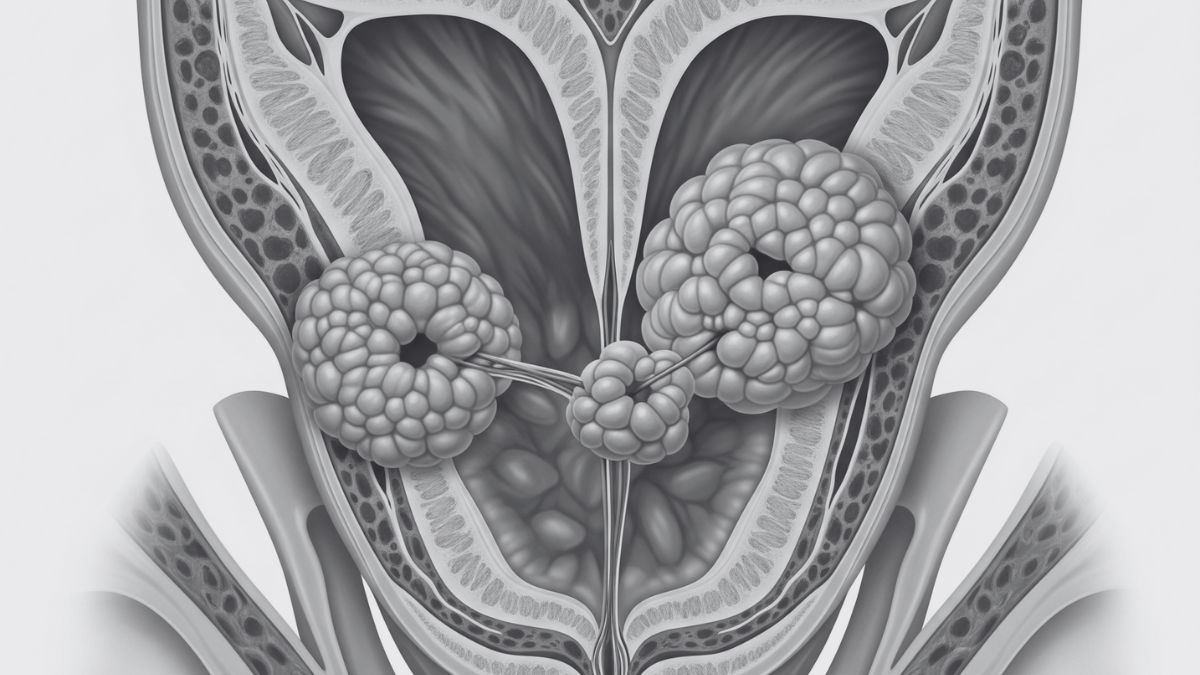Beat High Cholesterol: Your Aussie Guide to Lifestyle Changes & Reversal

Is High Cholesterol Worrying You? Take Control with Simple Lifestyle Changes
High cholesterol is a common health concern in Australia, often silently contributing to heart disease and stroke. It's not just about what you eat; a complex mix of factors – your genes, existing medical conditions, and your daily habits – all play a role. But the good news? You can take control and reverse high cholesterol with focused lifestyle adjustments. This guide breaks down the science and provides practical steps you can implement today.
Understanding Your Cholesterol Numbers
Before we dive into solutions, let's understand the basics. Cholesterol comes in different forms:
- LDL (Low-Density Lipoprotein) – The “Bad” Cholesterol: This type contributes to plaque buildup in your arteries, increasing your risk of heart disease.
- HDL (High-Density Lipoprotein) – The “Good” Cholesterol: HDL helps remove LDL from your bloodstream, protecting your heart.
- Triglycerides: Another type of fat in your blood. High levels, especially when combined with low HDL or high LDL, are linked to heart disease.
Your doctor will provide a cholesterol panel (lipid profile) to assess your levels. Knowing your numbers is the first step towards improvement.
The Role of Diet: What to Eat (and Avoid)
Diet is a cornerstone of cholesterol management. Here's a breakdown:
- Limit Saturated and Trans Fats: Found in red meat (especially processed varieties like bacon and sausages), full-fat dairy products, and some fried foods. These fats significantly raise LDL cholesterol.
- Embrace Healthy Fats: Focus on unsaturated fats found in olive oil, avocados, nuts, seeds, and fatty fish (like salmon and mackerel). These fats can actually increase HDL cholesterol.
- Load Up on Fibre: Soluble fibre, found in oats, beans, lentils, and fruits, helps bind cholesterol in the digestive system and prevents its absorption.
- Eat More Plant Sterols/Stanols: These compounds, found in fortified foods like some margarines and yoghurts, block the absorption of cholesterol.
Beyond Diet: Lifestyle Factors for Cholesterol Control
Diet isn’t the whole story. Other crucial lifestyle factors include:
- Regular Exercise: Aim for at least 30 minutes of moderate-intensity exercise most days of the week. Exercise boosts HDL cholesterol and helps manage weight.
- Maintain a Healthy Weight: Losing even a small amount of weight can significantly improve your cholesterol levels.
- Quit Smoking: Smoking damages your arteries and lowers HDL cholesterol.
- Manage Stress: Chronic stress can negatively impact cholesterol levels. Find healthy ways to manage stress, such as yoga, meditation, or spending time in nature.
When to See a Doctor
While lifestyle changes are often effective, some individuals may require medication to manage their cholesterol. Talk to your doctor if:
- Your cholesterol levels remain high despite lifestyle modifications.
- You have a family history of heart disease.
- You have other risk factors for heart disease, such as high blood pressure or diabetes.
Take Charge of Your Heart Health Today!
Reversing high cholesterol is achievable with dedication and consistent effort. By adopting a heart-healthy lifestyle, you can significantly reduce your risk of heart disease and enjoy a longer, healthier life. Don't wait – start making positive changes today!

)




